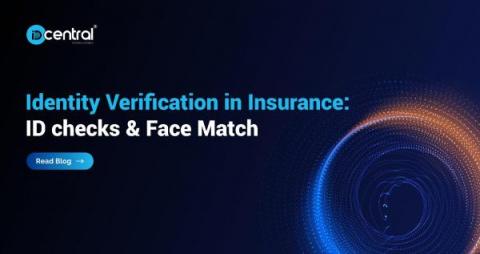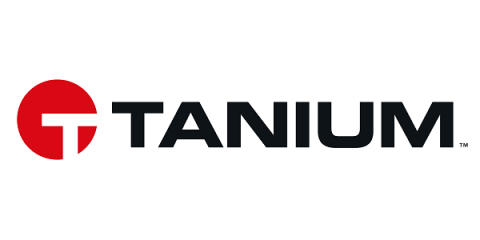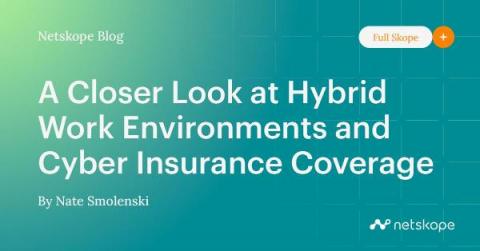Security | Threat Detection | Cyberattacks | DevSecOps | Compliance
Insurance
HardBit ransomware tells corporate victims to share their cyber insurance details
A ransomware outfit is advising its victims to secretly tell them how much insurance they have, so their extortion demands will be met. As security researchers at Varonis describe, a new strain of the HardBit ransomware has taken the unusual step of asking targeted companies to spill the beans of whether they have cyber insurance (and the terms of that insurance) anonymously.
Cyber Insurance for SaaS Companies
How to Reduce Cyber Insurance Premiums in Healthcare
Cyber insurance is becoming increasingly important and necessary as cyber attacks become more sophisticated and frequent. Healthcare is one of the most targeted industries because of the valuable medical data they handle and the lack of proper cybersecurity protections. Although cyber insurance doesn’t prevent security breaches, it provides a safety net for businesses to cover their financial losses.
Cyber Insurance Companies Require Enhanced Security from Clients
The political and economic uncertainty throughout the world today is growing. The danger of malicious hacking is increasing as more and more parts of daily life simultaneously transition to the digital realm. An attack on another country or region by a state or an individual could have catastrophic results. Possible targets include utilities like power plants and communications networks.
The evolution of cyber insurance
To cope with increasingly costly pay-outs, providers are redefining the terms of cyber insurance to reduce their exposure. The implications could spell myriad changes for the cyber security industry. Whatever the outcome, it’s time for organisations to re-evaluate whether their policy will cover them against the attacks they are most susceptible to.
Identity Verification in Insurance: ID checks & Face Match
Policyholders prefer a digital style of interaction over a physical one. However, identity verification problems frequently stand out, which causes significant onboarding dropout rates. This blog article examines how to resolve this using an AI-powered verification method. According to a recent study, 44% of those between the ages of 18 and 29 who had insurance purchased their plans online. This proportion is expected to rise as broadband penetration rates continue to rise.
How Insurer Zurich Shields Against Cybercrime
A venerable leader in the property and casualty and life insurance space, Zurich shares how it fights cybercrime with help from Tanium.
A Closer Look at Hybrid Work Environments and Cyber Insurance Coverage
Organizations seeking cyber insurance coverage are typically required by their insurer to provide evidence of a panoply of controls around information security, disaster recovery, and related risk and technology requirements and best practices.
Insurance and Regulations May Be the Biggest Security Drivers of 2023
When talking about big influences on cybersecurity, we tend to think about sweeping trends like digital transformation and the hybrid work revolution. And that makes sense. Cloud adoption, for example, has created complex corporate infrastructures. This is forcing the security industry to rethink how they protect data.










